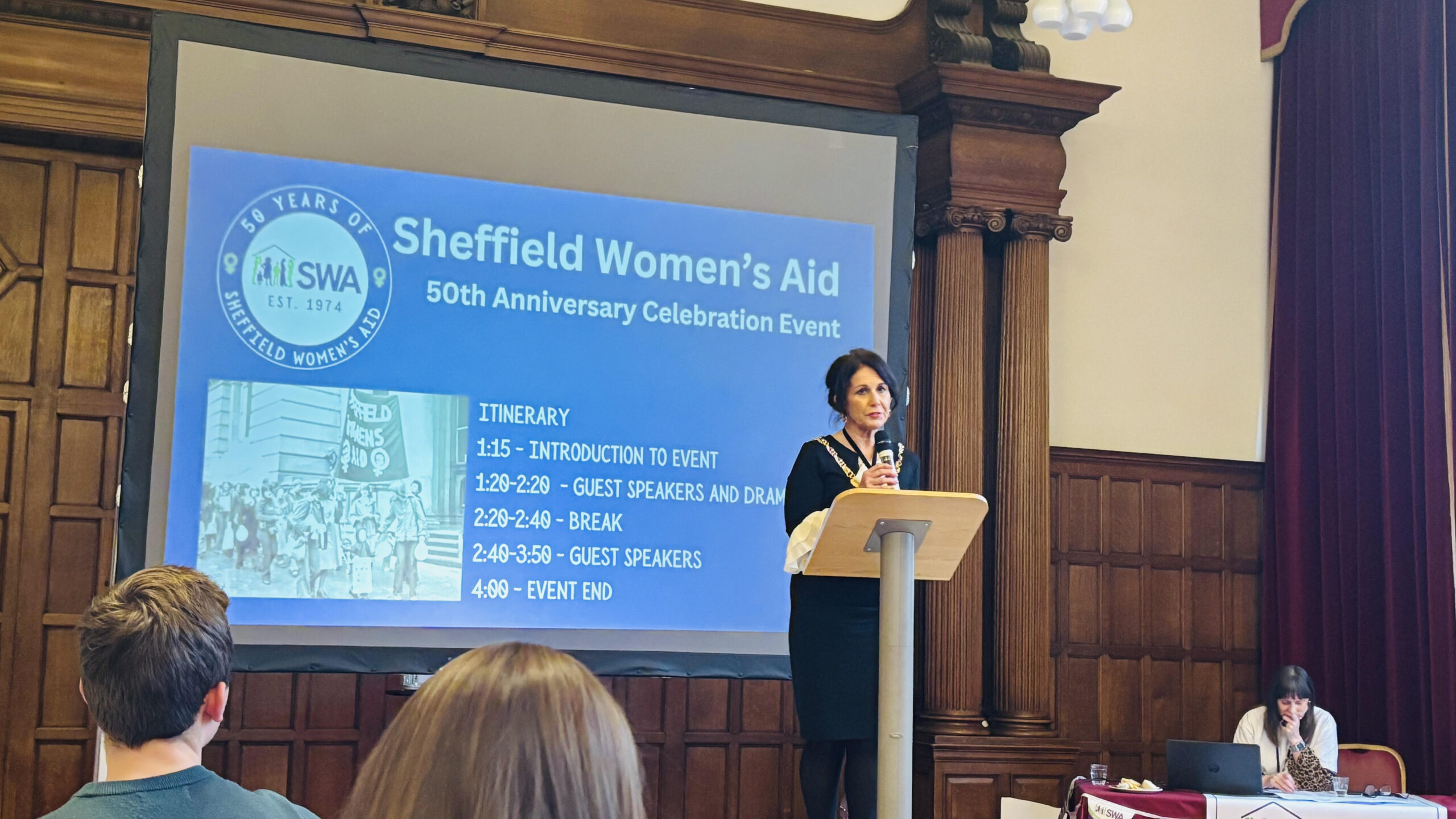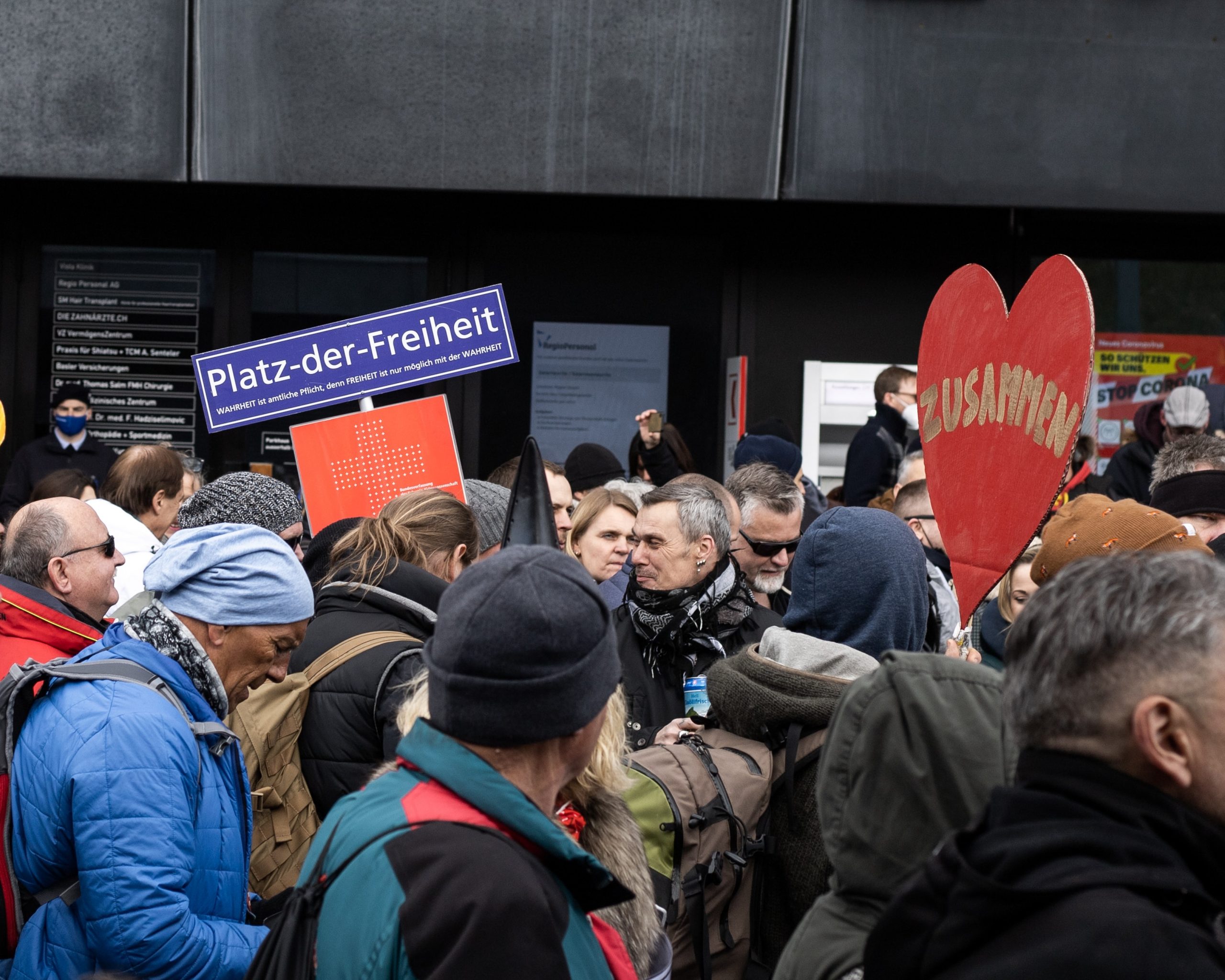A lack of adequate assistance from social housing providers is leading to a vicious cycle of “anger, conflict and frustration” among vulnerable people, according to a charity executive.
Ben’s Centre, started in 1996, is a charity that works towards supporting people with addiction to drinking and substance misuse. The charity provides them with food, healthcare, wellbeing support, and hosts a space that gives them access to a variety of essential services.
Daryl Bishop, CEO, said: “I’d say probably 80% of those who visit the charity are either in temporary accommodation or they’re in some kind of accommodation that is constantly in jeopardy.
“We’ve got 20% actual rough sleepers who’ve got nowhere to sleep. The rest have somewhere, but it’s very rarely a stable living experience.”
Mr Bishop shared that they see 20-30 people with vulnerabilities coming in to the centre every day. He says that their addiction serves as a big challenge to obtaining social housing in the first place.
He said: “There’s not enough houses to go around. So, they’re having to really fight and be available all the time while they’ve got an addiction whispering in their ear. Trying to get to the right appointment and behave at that appointment is the biggest challenge.”
He added that rejection from social housing providers can also aggravate their addiction. He said that lack of support leads to “more anger, conflict, frustration and unwillingness to trust the services that they need to get somewhere.
“So the frustrations of it not going well often make it even harder to go around next time because they might get banned from a certain place,” he added.
He also said that poor conditions of living at some accommodation keeps those who are vulnerable on edge.
“They won’t sleep well, they’ll sleep with one eye open and they never quite relax. Once they get into a more stable place to live, it’s better. But the problem there is that there’s not necessarily somebody there to help them with their addictions and help them with their problems.
“So once they’re put in a flat it’s kind of, ‘Right you’re in a flat, you’re done, you’re ticked off the list, you’re fine’. But, actually they’re still carrying all this trauma.
“There’s not anybody visiting them trying to figure out how they pay the bills, how to work the boiler. Just little things like that mean quite a lot, because we might be able to figure it out, but they can’t.
“So somebody to go out in as a kind of outreach worker and just help them put their roots down, rather than just throw them in a house and walk away. I think that’s the answer.”
Mr Bishop said that substandard living conditions in some social housing “exacerbates the whole thing” and “they inevitably generally end up living in a very antisocial way, not very hygienic. Their health gets worse. They quite often will end up getting thrown out of that place eventually.”
He also shared that those with deep-rooted trauma and drinking addictions are unlikely to complain about their social housing accommodation having mould and the impact it might be causing to their physical health.
Mr Bishop said: “They don’t feel they’re really worth anything better, so they probably wouldn’t share that. They’d just carry on living how they’re living until they get really unwell.”
Ben’s Centre is not officially affiliated with specific social housing providers but works with them across Sheffield to find vulnerable people a place to live.



